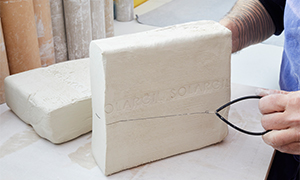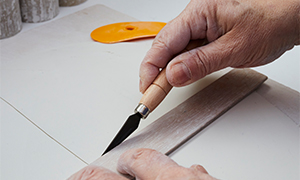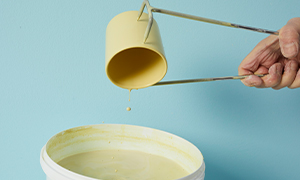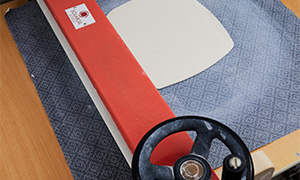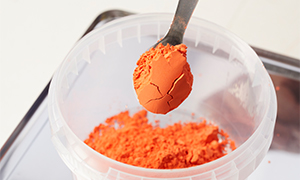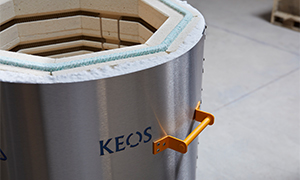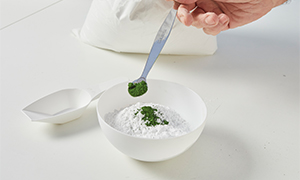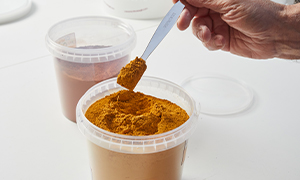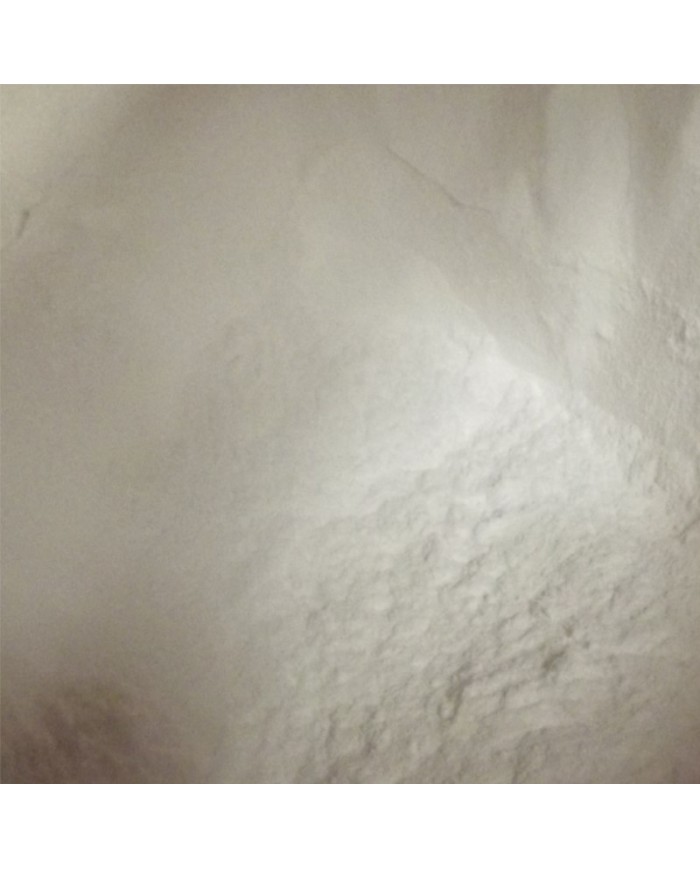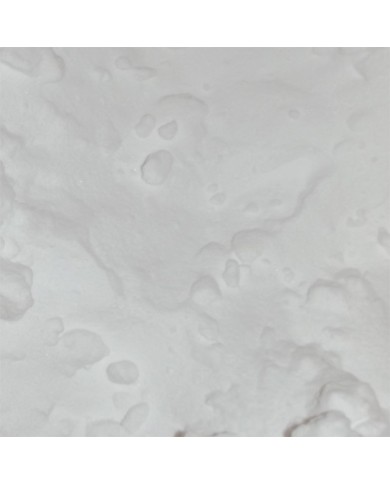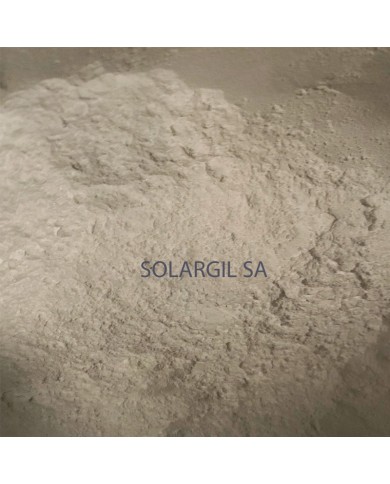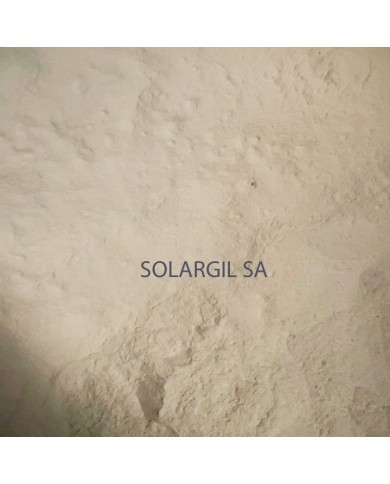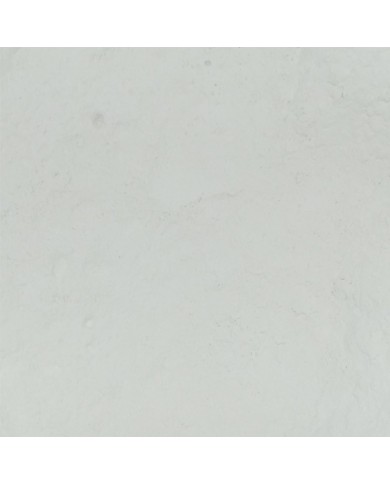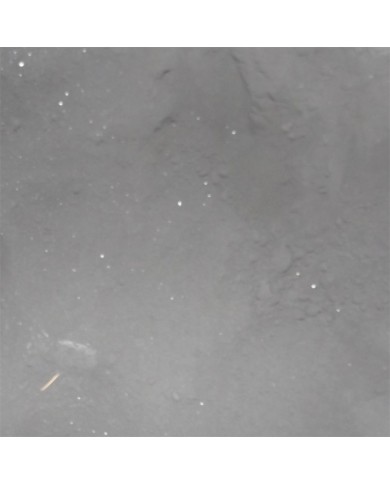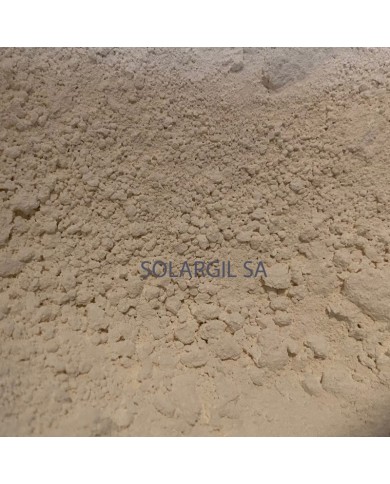CARBONATE DE LITHIUM
LITHIUM CARBONATE
Ref : CARLIT
Molar formula
CO3Li2
Molar mass : 73
LITHIUM CARBONATE
Powerful glaze flux, added at 1 to 4% to modify the viscosity and gloss of ceramic glazes.
The dominant use of lithium remains the glass, ceramics and glass-ceramics industry.
Lithium, added in the form of carbonate or minerals (0.1 to 0.7% depending on the type of glass), lowers the melting temperature and viscosity of the base mixture and reduces the coefficient of thermal expansion of the glass.
In some ceramics, lithium is added to reduce the firing temperature, improve the quality of the base mixes and the strength of the final material.
White powder slightly soluble in water.
Its melting point is 618°C.
Used as a flux in alkaline glazes, it can replace sodium and potassium, which produce high coefficients of thermal expansion.
It improves the color and brightness response of glazes, also increasing its firing range.
Being relatively insoluble in water, it has a tendency to hydrolyze with which it cannot be used to complement the mill successfully.
Lithium Carbonate is the best source of lithium oxide for glazes. It is slightly soluble.
It is unusual to see more than 5% lithium carbonate in glaze.
Because of the low expansion of Li2O, high lithium glazes tend to shiver.
There are certain basic properties of lithium which are ofinterest in ceramics.
Since lithium has a very small ionic radius in comparison to the other alkali metals, it has a higher field strength.
Low expansion coefficients are generally imparted to ceramic compositions containing lithia.
Lithium carbonate is a very strong flux (also true of lithium fluoride).
Incontrast, other lithium compounds may be quite refractory: lithium zirconate and lithium aluminum spinel are examples.
In addition to being soluble, lithium carbonate produces gases as it decomposes and these can cause pinholes or blisters in glazes.

